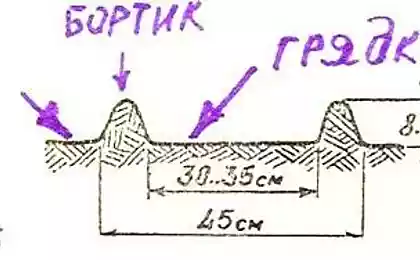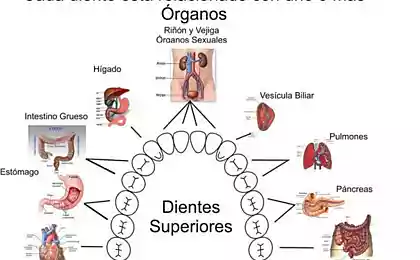623
Scientists for the first time have grown human heart in the laboratory entirely

Genetics from Massachusetts General Hospital and Harvard Medical School have successfully conducted experiments in growing human hearts in the laboratory. In the frame, taken from non-viable for transplant donor hearts, narosli tissue grown from stem cells derived from the patient's skin.
Patients who need organ transplants, even in the case of successful finding a donor face problems of rejection of foreign tissues of the body. Often, the same can not find a donor that leads to the patient's death.
Previously, scientists have worked out the technology of induced pluripotent stem cells from the tissue of the patient and the cultivation of small areas of tissue of various organs in the laboratory. Now these technologies are connected to the cultivation of the necessary bodies entirely.
For growing body frame is required, which is gradually growing tissue. In the experiment, 73 donor hearts were used, found to be unsuitable for transplant. Using a special detergent hearts starting from all the cells that would cause rejection (such action until then held only in mouse hearts) were removed.
Then researchers used messenger RNA technology to transform adult skin cells into stem cells. It is also a fairly new technology, which is considered more effective than gene manipulation. The cells were then induced to reproduce cardiac tissue.
Within two weeks the nutrient solution in the muscle tissue grew to the original heart frame. After that, by applying an electrical discharge to the new authorities, scientists have discovered that the heart began to beat.
It is still produced bodies look like immature human heart. It is necessary to achieve improved conditions for their growth (pressure, the composition of the nutrient solution, and the like), to accelerate the process of cell growth, etc. The researchers believe that, in the end, they manage to achieve the goal - to grow complete organs from a patient's tissue "to order".
Source: geektimes.ru/post/273162/























